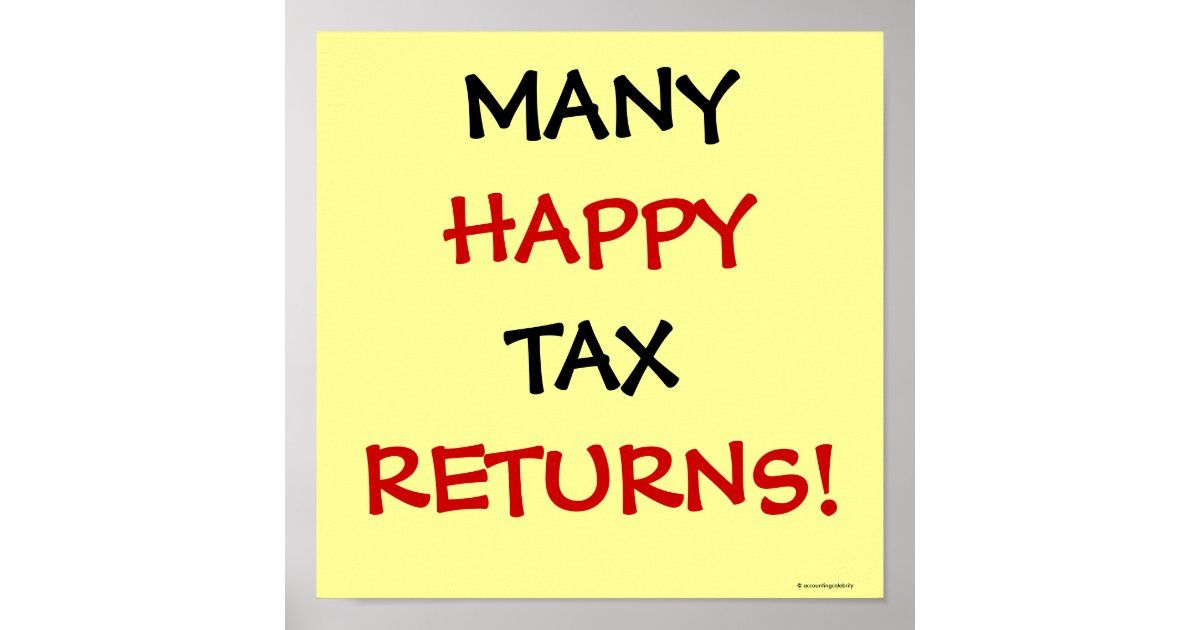Small Business Tax: Understanding Your Obligations and Opportunities

Tax Tips for Small Business Owners
There is no question that running a business can be both fun and difficult. One of the key aspects of managing a successful small business is understanding the importance of taxes and how they can impact your overall financial health. In order to ensure compliance with tax laws and maximize savings, it is crucial for every small business owner to be aware of certain tax tips. This essay will explore some essential tax tips that every small business owner needs to know.
1. Understand Your Tax Obligations
The first step in effectively managing your business taxes is understanding your tax obligations. Depending on the structure of your business (sole proprietorship, partnership, corporation, or LLC), different rules may apply. Familiarize yourself with the specific tax requirements for your entity type at both federal and state levels.
2. Keep Accurate Records
Maintaining accurate records is vital when it comes to preparing your taxes as a small business owner. Organize all relevant financial documents such as invoices, receipts, bank statements, payroll information, and expense reports systematically throughout the year. By keeping track of these records consistently, you'll save valuable time during tax season and reduce the risk of errors or omissions.
3. Separate Personal and Business Finances
It's crucial to establish separate accounts for personal and business finances from day one as a small business owner. Mixing personal expenses with those related to your company can create confusion during tax preparation while also raising red flags for potential audits down the line.
4. Deductible Expenses
Take full advantage of deductible expenses available to small businesses in order to minimize taxable income legally while maximizing savings opportunities:
·Business-related travel expenses:
Keep track of any costs incurred during work-related trips such as transportation fares, accommodations, and meals (within limits set by IRS guidelines).
·Office supplies:
Maintain records for purchases made of necessary office supplies like stationery, printer ink, and other consumables.
·Business equipment:
If your small business requires specific equipment or machinery to operate efficiently, such as computers or tools, ensure to track their costs. These expenses can be depreciated over time or subject to expensing methods permitted by the IRS.
·Healthcare premiums:
Small business owners who provide health insurance coverage for themselves and eligible employees may qualify for tax deductions or credits.
5. Understand Payroll Taxes
If your small business has employees, it's important to understand payroll taxes fully. Ensure accurate calculations of federal income tax withholding, Social Security and Medicare taxes (FICA), as well as state-specific employment taxes. Timely remittance of these taxes is crucial for avoiding penalties.
6. Consider Professional Assistance
Navigating the complexities of small business taxation can be overwhelming at times. Engaging a qualified tax professional can help alleviate the stress associated with compliance while offering expert advice on identifying potential deductions and optimizing tax strategies tailored specifically to your business needs.
Final Words
Small businesses face unique challenges when it comes to managing their taxes effectively. By understanding their tax obligations, maintaining accurate records, separating personal and business finances, taking advantage of deductible expenses, being aware of payroll taxes, and considering professional assistance where needed; small business owners can ensure compliance with tax laws while maximizing savings opportunities within legal boundaries. Implementing these essential tax tips will not only contribute towards a healthy financial position but also allow entrepreneurs to focus on growing their businesses in a sustainable manner.

